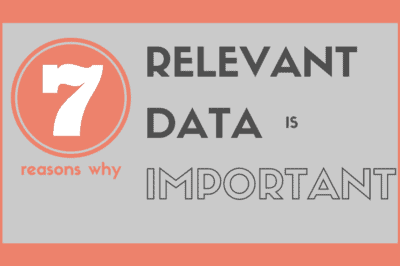The value of a SMART goal in marketing…

…and how to set one.
The term “SMART Goal” has been around for a long time. Often attributed to Dr. Edwin Locke’s Goal Setting Theory from 1968, the term has been a business buzzword for ages. But, what is a SMART goal? How do you make a goal SMART? Why do we need them?
To start off, let’s discuss what SMART goals are. SMART stands for “Specific, Measurable, Achievable, Relevant, and Timely.” A specific goal allows you to understand your objective. Instead of a general “increase leads” or “increase organic search traffic” a SMART goal gives you a specific aim. A general goal doesn’t support the business with specific results. For example, with the goal “increase leads” and you increase leads by exactly one, year over year, you’ve technically met the goal, but that probably isn’t what the executive team intended. However, “increase leads by 10%, from 100 to 110” is a very clear goal that everyone can understand.

The aim and use of your marketing goals should be very clear cut. Unlike Stonehenge, there should never be any mystery in the how or the why.
A SMART goal is measurable. By being able to benchmark a starting point and measure progress, you can determine whether or not your plan is working, and make changes where appropriate. If you can’t measure your goal, how do you know if you’re on the right track? The simple answer is you can’t, and subsequently a non-measurable goal doesn’t drive desired business outcomes.
These goals are also achievable. That’s right. Achievable. While setting a goal out in the stratosphere sounds like a great idea, it defeats the purpose of having a goal. Goals are meant to encourage people and give them something for which to strive. Unfortunately, this comes down to human nature. If a person knows they are destined to fail it will make them less likely to try in the first place.
When setting a goal, you also want it to be relevant to your business and the overall business plan. If the executive team is really focused on increasing the sales funnel this year and your marketing goal is solely based on branding, this misalignment can cause a lot of heartburn down the line. By first looking at what the key aims of the business plan are, you can set goals that will really support the mission, making you a hero.
The last piece of the puzzle is simply making the goal timely. Make sure to set clear-cut timelines on all goals, because without a timeline the push for action isn’t there. It wouldn’t be hard to accomplish anything if we were given eternity, but by setting a time period you complete the puzzle.
Now that we’ve explained how to make a SMART goal, why do we need them? Well, we’ve actually already answered that for you. SMART goals outline a clear strategy for your marketing plan, support overall business objectives, and provide direction and motivation for your team.
Now, get started!
You Might Also Enjoy These Posts
How to Create an Exceptional Client Experience
7 Reasons Why Relevant Data is Important to Your Organization
Welcome To DemandZEN
DemandZEN specializes in Account-Based Demand Generation and solving the challenges around finding, engaging and converting target accounts into real opportunities for B2B Technology and Services companies.


